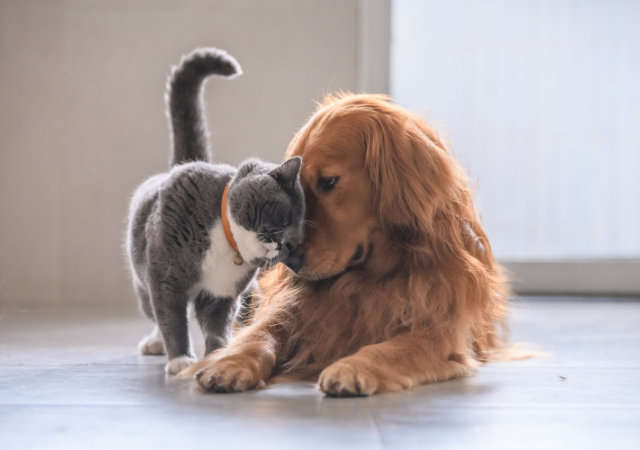Adapting and Growing in a Pandemic

As they say, it’s an ill wind that blows no good. Even through the pandemic, the OHS has learned some things.
During the period of lockdowns and a constantly changing world, it was decided that it was not a time for strategic planning. Nonetheless, we wanted to take some of the lessons learned in the pandemic and use them to improve the way the OHS works for the animals and our community. So, rather than strategic planning, we engaged in business transformation. All levels of the OHS were engaged in, not what we do, but how we do it — seeking ways to be more efficient and more effective in our work.
The result of the exercise was a 76 item to-do list of things that could change. Most items, frankly, were small yet valuable, such as booking surgeries more efficiently and automating various functions. Most of the initiatives didn’t affect volunteers and volunteer roles, but the largest single initiative certainly did and will continue to. During the initial phase of COVID, we moved a huge number of animals out of the shelter and into community foster homes. We added more supports, such as telehealth, to support the volunteers, and you know what? It worked. We know that many animals will thrive better in a home than in a shelter. Why not maximize fostering for those that don’t need daily medical care from our staff?
We budgeted more for recruitment and support for fostering this fiscal year, and though we have had challenges in both finding foster volunteers and hiring for the support roles, we are confident that expanding the role of foster volunteers at the OHS will have a positive and lasting effect on our outcomes.
Thank you to all the volunteers who stepped up to care for animals in your homes. You have been lifesavers for the animals.
